
By Joshua Worlasi AMLANU
The country’s fiscal recovery is at risk from rising debts in the energy and cocoa sectors, with the World Bank warning the state power utility’s shortfall alone could swell to US$9billion by 2026 if reforms stall.
In its latest Ghana Economic Update, the Washington-based lender said state-owned enterprises (SOEs) remain a major source of contingent liabilities that could spill into the national budget. It flagged the Electricity Company of Ghana (ECG) and cocoa sector as the biggest threats.
“Addressing these fiscal risks is urgent to avoid reversing recent gains in macroeconomic stability,” said Robert Taliercio, the Bank’s Country Director for Ghana, Sierra Leone and Liberia. He cautioned that debt restructuring and fiscal consolidation efforts could be derailed if SOE arrears keep mounting.
The Bank projects ECG’s cumulative cash shortfall could reach US$9billion within two years unless tariff gaps, payment arrears and operational inefficiencies are tackled. The utility has long struggled with technical and commercial losses, low collections and costly power purchase agreements.
The cocoa industry, dominated by Ghana Cocoa Board (Cocobod), is also under strain from volatile global prices, climate change and debt from years of pre-export financing. Cocobod’s liabilities exceeded US$3billion as of mid-2024, much of it maturing within three years.
“Energy and cocoa are strategic sectors, but their financial health is deteriorating,” Taliercio said. “If not reformed, they will continue to weigh on the budget and the economy.”
The Bank urged accelerated SOE reforms, stronger corporate governance and cost-reflective tariffs in the power sector, while recommending more domestic cocoa processing and reduced reliance on syndicated loans in the cocoa trade.
The Ministry of Finance has acknowledged the fiscal risks – citing energy-sector payment shortfalls of GH¢11.4billion (0.8 percent of GDP) in the latest budget, 12.7 percent below target. Measures outlined include tariff adjustments, renegotiation of independent power producer contracts, improved collections and expanded domestic gas use to curb costly imports.
Reforms underway at ECG include renegotiating contracts, investing in technology and rolling out one million smart meters to cut losses. Cocobod is working to expand local processing and boost yields through farm rehabilitation. Parliament also amended the ESLA Act in June 2025, raising levies on petroleum products to fund energy debt payments and stabilise supply.
Government has pledged broader SOE governance reforms, including private-sector participation in electricity distribution. A steering committee will appoint a transaction advisor this year to pilot a multiple-lease model for ECG while a PPA Review Committee works on cutting contract costs.
The World Bank stressed that transparent financial reporting, regular stress testing and stronger oversight by the State Interests and Governance Authority are vital to preventing SOE liabilities from overwhelming public finances. Drawing comparisons to other African economies, it warned that unchecked SOE debt has previously fuelled sudden fiscal crises.
Ghana’s fiscal outlook has improved on the back of tighter spending, new revenue measures and external support, but the Bank cautioned that these gains remain fragile.
“SOE liabilities are a ticking tim- bomb,” the report said. “Resolving them will be critical to sustaining the country’s economic recovery.”
The post Energy, cocoa sector debts could derail fiscal gains – World Bank appeared first on The Business & Financial Times.
Read Full Story
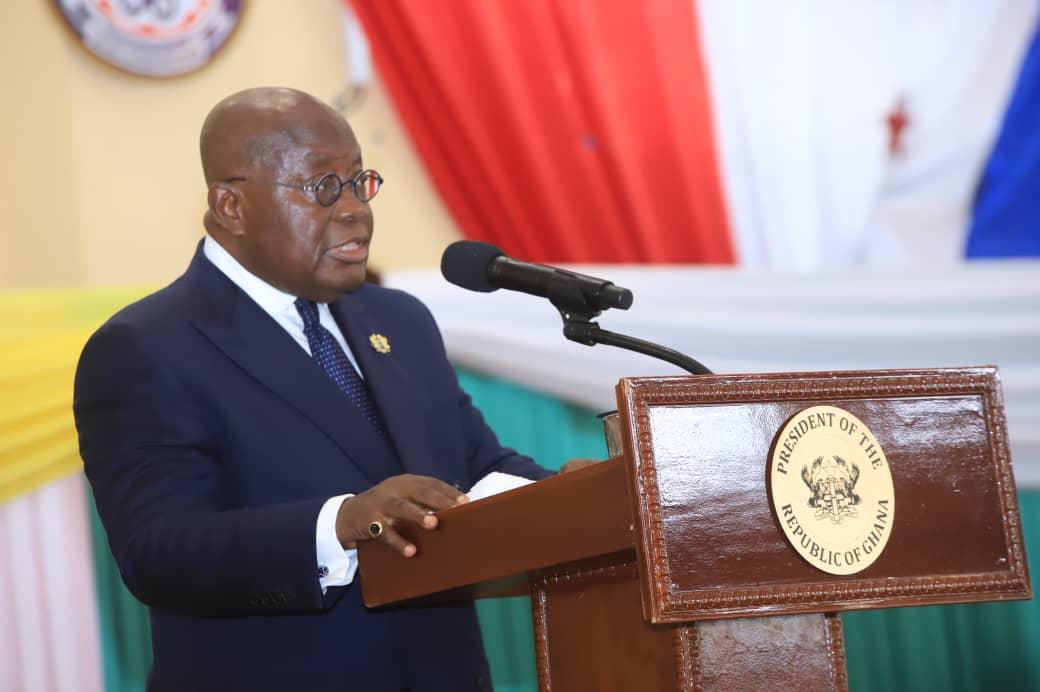

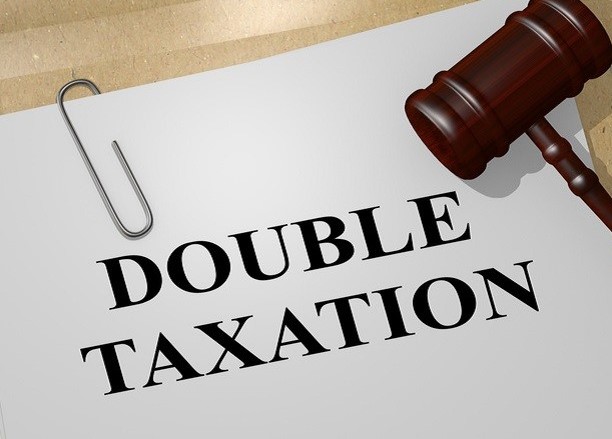





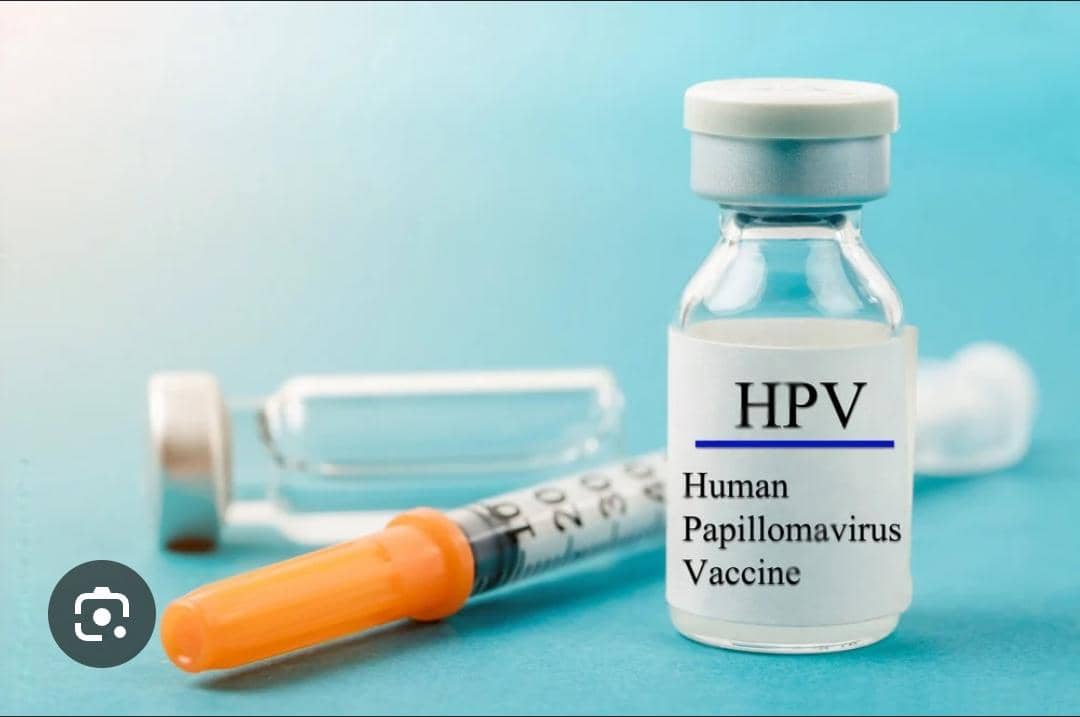

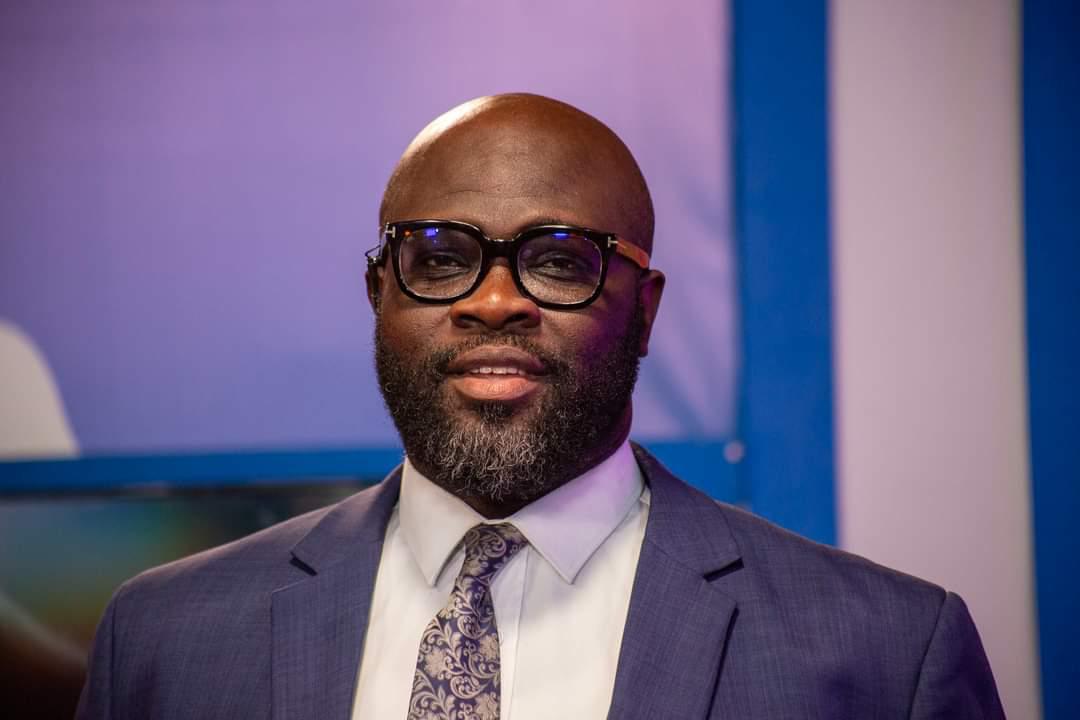
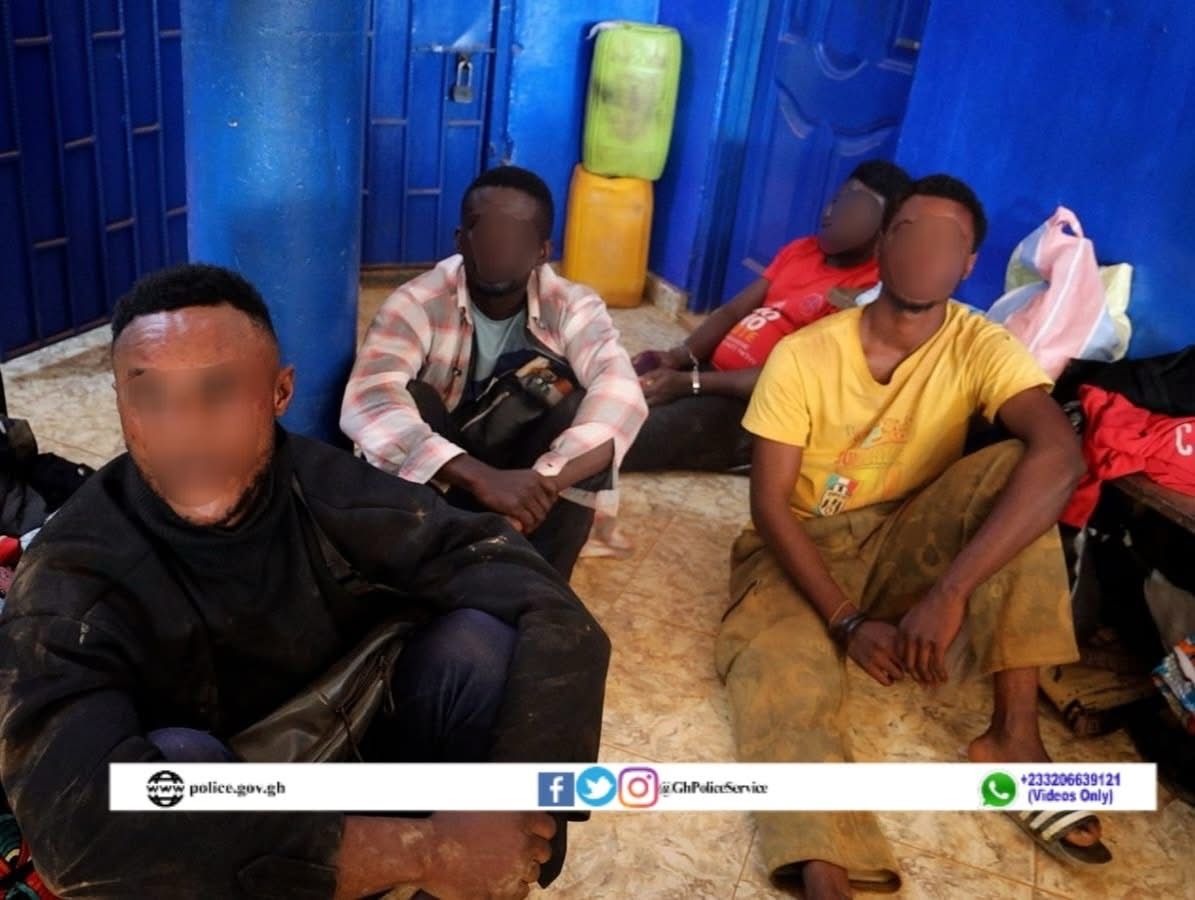
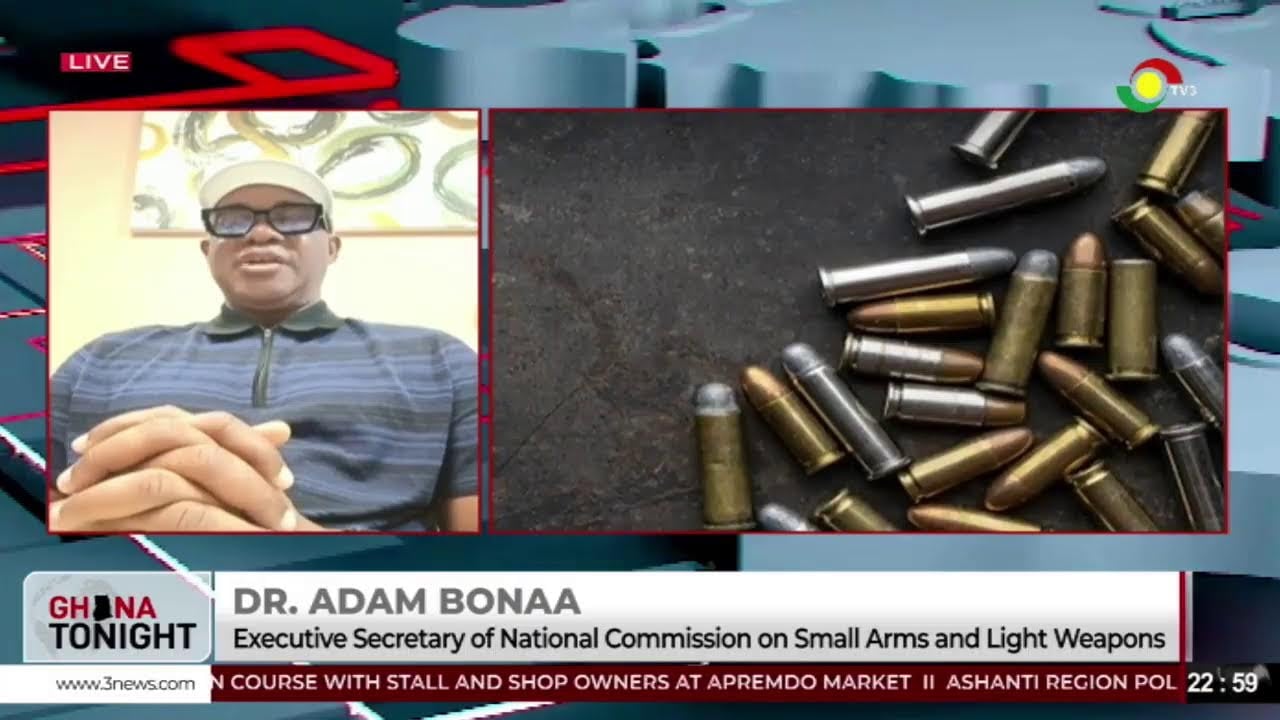
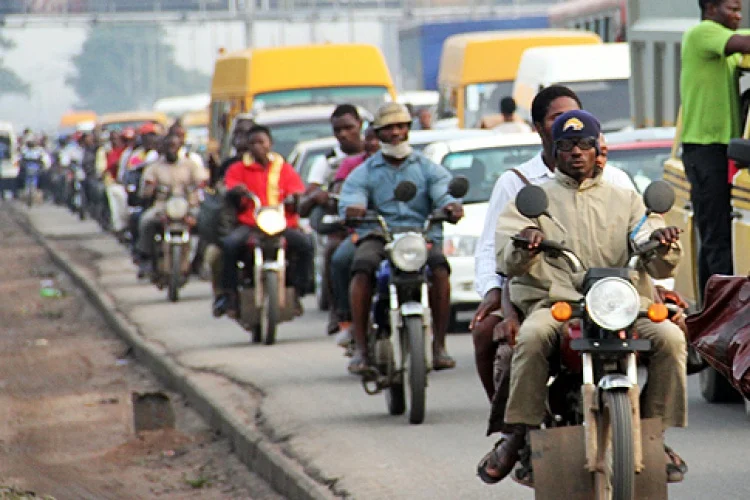

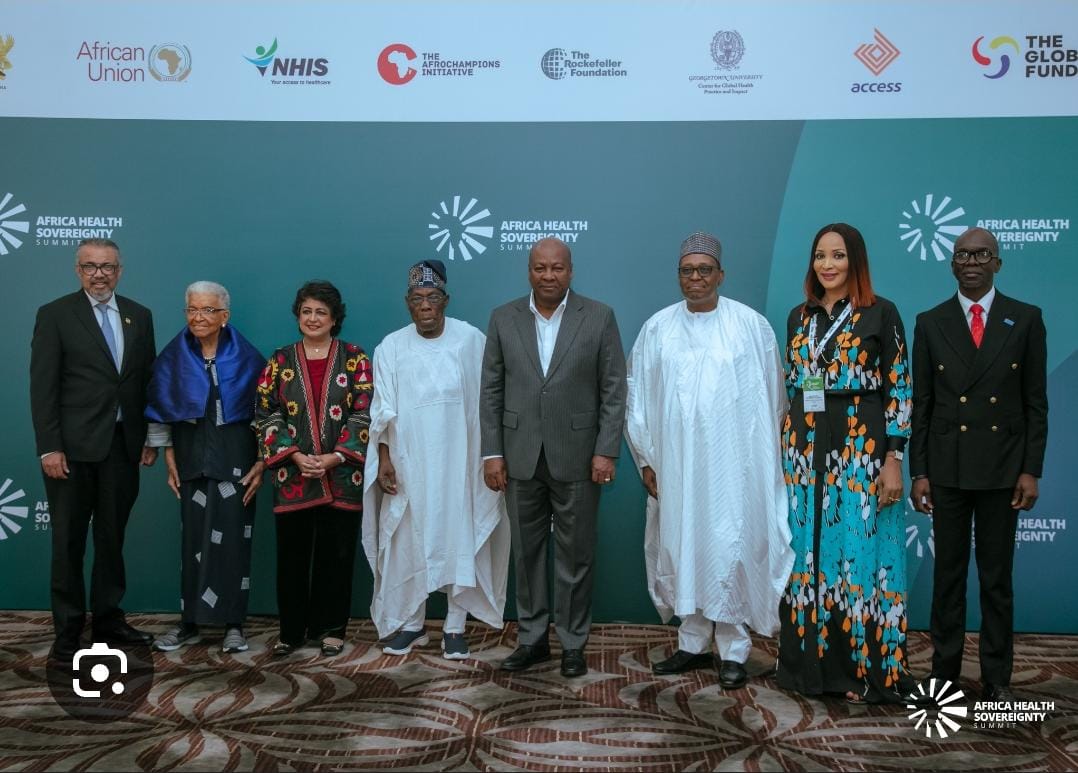

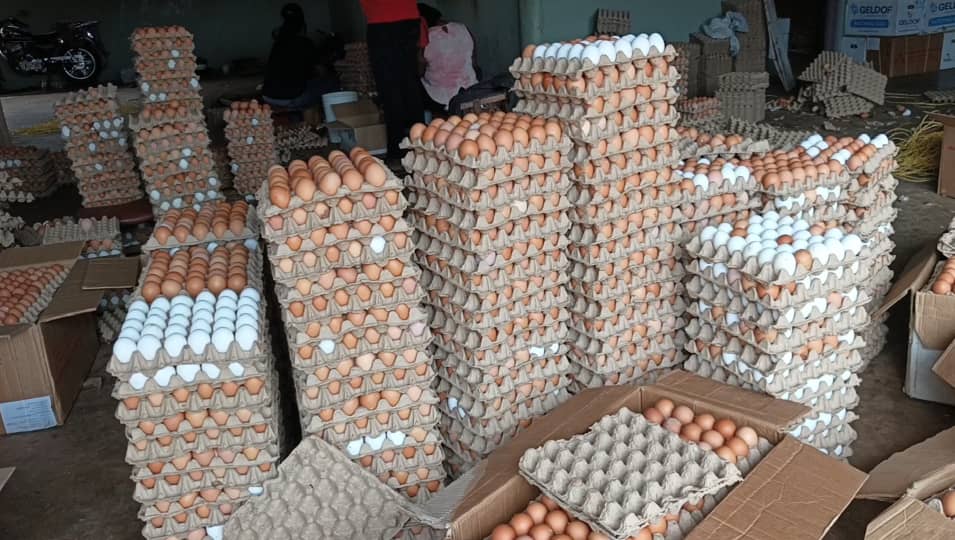
Facebook
Twitter
Pinterest
Instagram
Google+
YouTube
LinkedIn
RSS